TOBACCO PRODUCT ADVERTISING
Q: A smoke shop has approached our station about advertising. Can we advertise any tobacco products?
A: Yes, some. Federal law prohibits the advertising of cigarettes, little cigars and all smokeless tobacco products on radio and television stations. The most important provision is the definition of "little cigar," because there is not much question about what constitutes a cigarette. However, the prohibition does extend to "roll your own" products, such as cigarette papers and tobacco.
This leaves the advertising of cigars (regular, big old stogies) and pipe tobacco permissible. The station can also advertise the pipes themselves and the other paraphernalia which pipe smokers use.
Keep in mind that the use of the word "cigarette," even as a part of the name of a store (i.e., as in the required sponsor identification) is prohibited. This is true even if the ad has nothing to do with smoking-related products. For example, a retailer named "Joe's Cigarette and Convenience Store" could not advertise its weekly milk special because the word "cigarette" appears in the name of the store which would be required for the sponsor identification (and for other obvious reasons).
AUTO DEALER AD CREDIT DISCLOSURES
Q: What disclosures are required when an automobile dealer advertises a sale on credit?
A: Both federal and state law require that if the ad copy contains any of the credit terms, or "trigger terms," then all of the credit terms must be disclosed. Typically, a car purchase is "closed-end" credit where credit is advanced for a specific period of time and a specific purchase transaction.
Trigger Terms. Closed-end "trigger terms" are:
- Amount or percentage of any down payment; or,
- Amount of any single payment; or,
- Number of payments; or,
- Time period of repayment; or,
- Amount of any finance charge.
Required Disclosures. If ANY "trigger term" is used, then ALL of the following credit terms must be disclosed in the spot:
- Amount or percentage of any down payment. The total down payment as a dollar amount must be stated, but the ad does not need to use the term "down payment;" and,
- Terms of repayment (amount and number of individual payments, total of payments); and,
- "Annual Percentage Rate."
All disclosures must be clear and conspicuous. The disclosure requirements for auto credit sales ads DO NOT allow the advertiser to make minimal disclosures and refer to a toll-free hotline or a print ad for more details, as is the case with auto lease ads. Different rules control the disclosures required for auto lease ads.
VEHICLE "COST" ADVERTISING
Q: May an auto dealer advertise a new car for sale as "$97 above cost?"
A: Yes. However, state law [RCW 46.70.180(1)(d)] regulating auto dealers, requires that any computation of "cost," when advertising that a new automobile will be sold at a certain amount above or below cost, must be calculated by using the exact amount of the factory invoice on the specific vehicle referred to as the "cost."
SIRENS
Q: I have an advertiser who really wants to get people's attention. May I use sirens in the company's spots?
A: There's nothing like a good, loud siren to scare the daylights out of an unsuspecting driver who does not know whether he or she is hearing it on the radio or on the street. For many years, the Federal Communication Commission (FCC) had a rule (former Section 73.4240; deleted effective 11-28-83) which prohibited the use of "sirens and like emergency sound effects in broadcast announcements." However, the fact that the FCC eliminated its rule does not, necessarily, make it okay in every circumstance. Stations and advertisers must take care not to use such sound effects in such a way that they will result in liability from sources other than the FCC. In addition, the station will want to keep in mind the FCC's anti-hoax rule, to ensure that no violation occurs.
FIREWORKS ADVERTISING
Q: May our station advertise fireworks?
A: Yes. There is no state or federal law that restricts retailers from advertising fireworks, regardless of who the retailer is or where the fireworks are sold. However, caution should always be taken when writing and producing the spot not to make it misleading or deceptive with respect to the legality or not of the fireworks sold. Washington state law allows cities and counties to adopt and enforce fireworks laws that are more restrictive than the basic state law. Therefore, a specific firework may be completely illegal in one city but legal in the surrounding county and the neighboring city. The Washington State Association of Broadcasters (WSAB) has defeated several attempts to prohibit the advertising of "illegal" fireworks, a bill usually targeting fireworks sold on Indian Reservations. Such a law would be devastating to broadcasters because a station cannot control where its signal goes, and would end up advertising fireworks that were legal in one place and illegal in another, both within the signal of the station.
